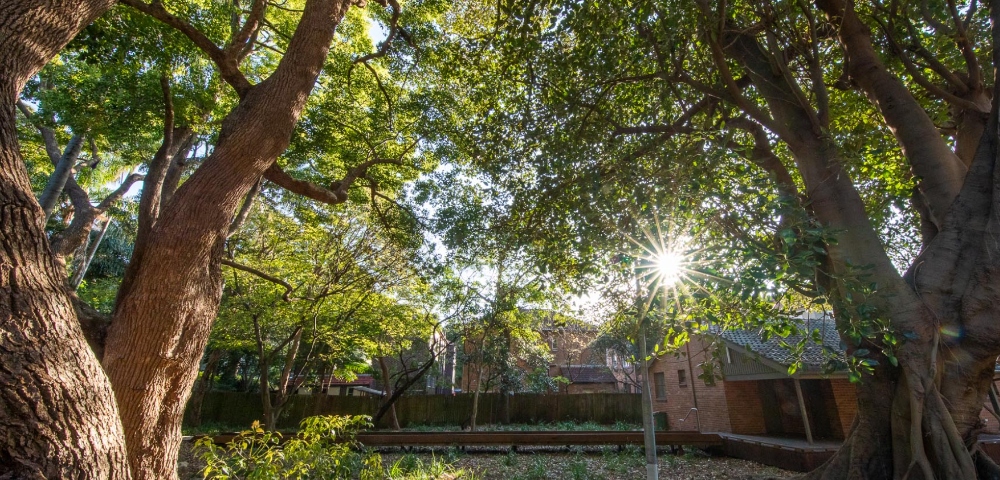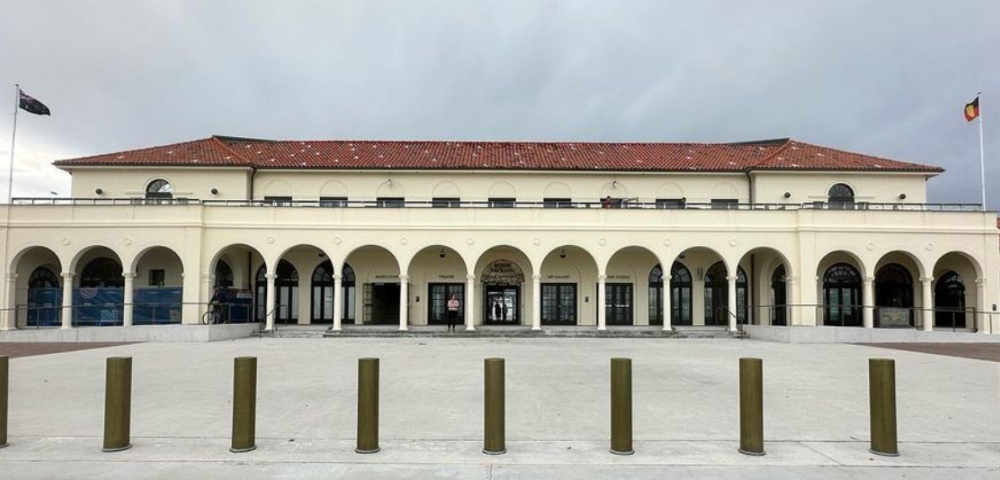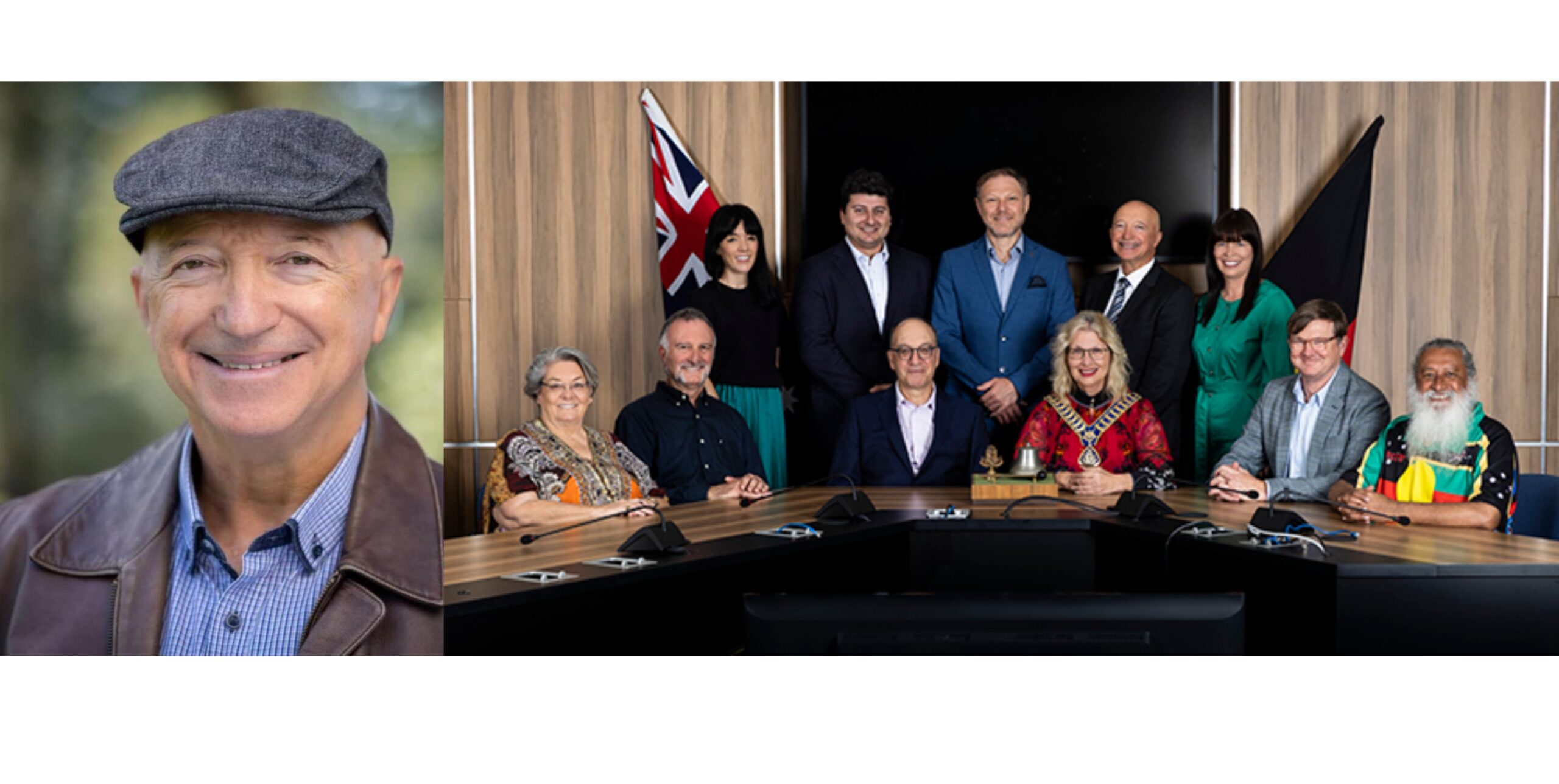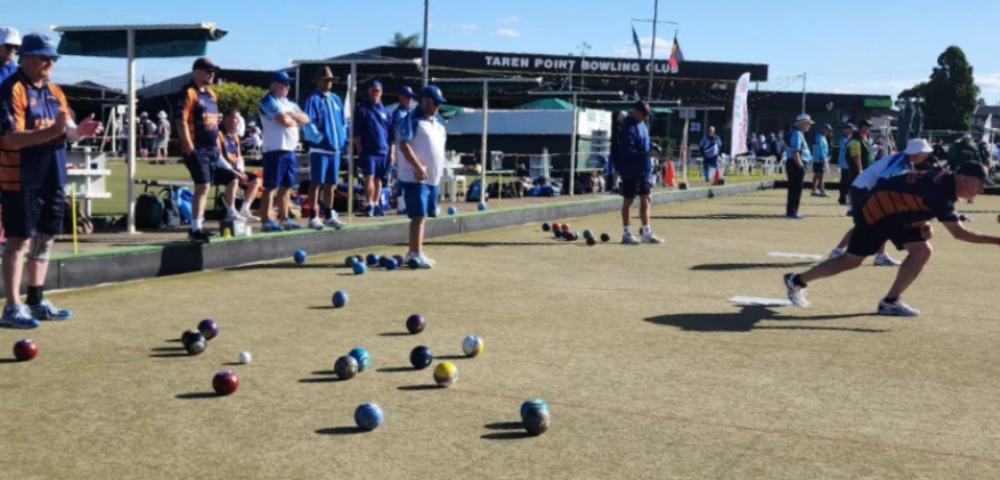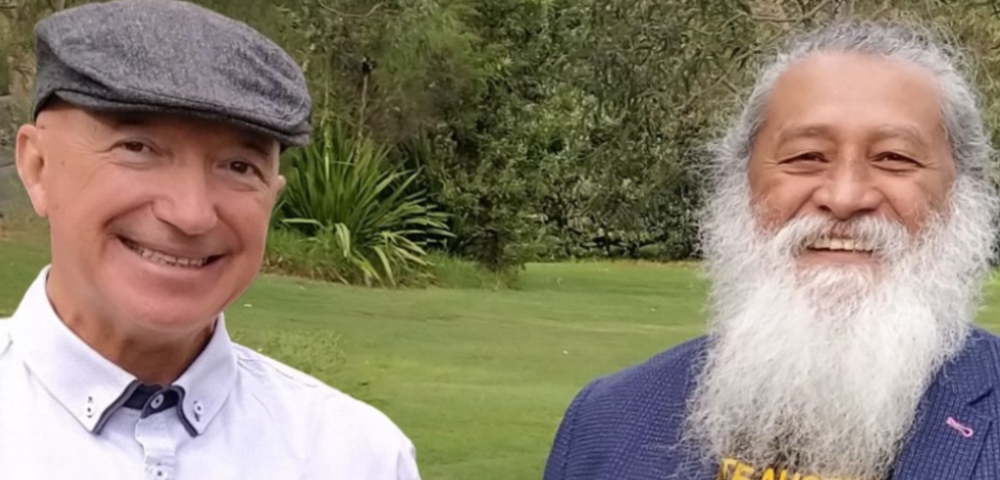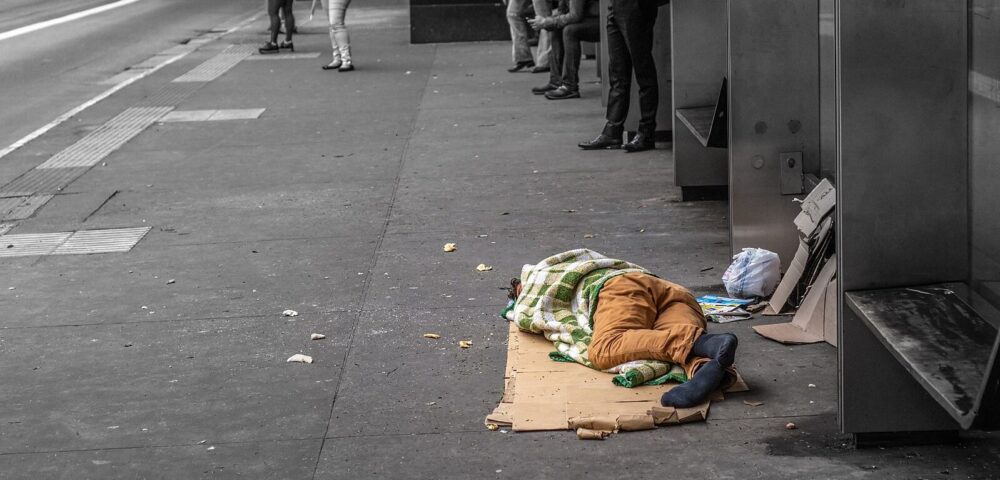
Reconciling with Bondi’s Homophobic Past

By PAUL PAECH
“…the nation as a whole must remain diminished unless and until there is an acknowledgement of, and retreat from, those past injustices.” Mabo #2 judgement, 1998.
Whether in politics or our own personal and family relations, reconciliation is something we all yearn for.
But gee: it sure don’t come easy.
Typically, they say, reconciliation is a three-stage process. Firstly, you articulate the reality of past wrongs through something like confession; then you seek and provide forgiveness for the damage that has been done; and finally, you make a serious mutual commitment to creating something better for the future.
Mandela’s post-apartheid Truth & Reconciliation Commission showed that without truth-telling, there’s no possibility of closure, no moving on. No forgiveness.
Last week, I heard the High Court’s gutsy words of warning—and encouragement—as I watched Rachael Perkins’ powerful film Mabo with my fellow Francis Street Film Fans.
We’re now two decades on from the first Mabo judgement – and one decade on from PM Kevin Rudd’s moving apology to the stolen generations.
Along with more than a hundred others, I’d watched Rudd on a television screen in Bondi Pavilion where, in the 70s, thousands of people enjoyed the massively popular “Rock Against Racism” concerts, with Gary Foley, Peter Garret, Kev Carmody, Paul Kelly and many many others.
Rachael’s production company honours the pioneering life of her father, activist Charlie Perkins, the first Aboriginal man in Australia to graduate from university.
Last year, her production company’s Deep Water told another tale of a oppression.
The compelling five-part SBS series examined what happened during the 70s and 80s, when gay men were being randomly bashed (and all too often killed) around Sydney, some of them in the parks around Bondi Beach.
Now, by strange destiny, gay health organisation ACON has just released a new call for “Truth and Justice” around these violent attacks.
ACON’s report confirms that it was gangs of disadvantaged lads (sometimes urged on by girls) which deliberately targeted vulnerable gay men and a few trans women.
ACON has done a lot of thinking about how best to remove this awful stain from Sydney’s past and how to prevent similar violence, and this report presents a compelling argument about how the NSW Government should examine the flawed processes that prevented cowardly gay-bashers being identified, charged and appropriately punished.
ACON calls for the NSW Government to exonerate gay men and others who have been found guilty of victimless sex crimes, as has happened already in other states.
One thing ACON doesn’t do is directly call for prosecution of the likely offenders. Instead the report wisely prefers to build alliances with police and others which will allow for the gathering of additional evidence of past violence that might support prosecution.
Assistant Police Commissioner Tony Crandell has already responded positively to the report, but it deserves a Parliamentary response.
Although ACON doesn’t tease this out, NSW’s conservative Catholic morality probably played a role here.
This same hypocritical mindset still pervades NSW, blocking legal abortions even after Ireland has done so; it also predictably keeps on delivering shameful scandals that swirl around arrogant Cardinal Pell and others.
An unconscious role was also possibly played by the Federal Government’s dramatic “Grim Reaper” TV commercials which used fear to prompt popular action against AIDS. Fanned by the Murdoch media, it was a short step to stigmatising and thus legitimising violence against gay men.
In the face of all this nastiness, a few dozen men and women found themselves marching along Sydney’s wintry streets determined to stake a claim for their disruptive desires.
That they were savagely set on—not by wayward lads here but by uniformed members of Sydney’s police—confirms a complicity of values, but the vision of those marchers can be determined by the swelling numbers of uniformed NSW police who now march in the joyful annual Mardi Gras celebrations.
As further confirmation of the courage, vision and effectiveness of Sydney’s 1988 Gay Rights marchers, Bondi Pavilion is hosting a festival during July to celebrate the “power, beauty and diversity of Sydney’s LGBTIQA+ community”.
Under the waaay-too-cute title We, the people who live for the beautiful, the festival links with the joint Waverley Council/ACON Bondi Memorial Project which will install a public artwork in a Bondi Park to acknowledge the dark stories of LGBTIQ+ violence that happened in Bondi.
All over the world, people of all colours, cultures and sexualities visit beaches like Bondi precisely because these are places of delight and hedonism, places of play, display and—inevitably—desire.
The lessons taught by these violent stories are many. Perhaps the most useful during a time of increasing division and suspicion, is to consciously reject messages of fear, and to resist those quick and easy classifications of people that serve the people who maintain their own power by turning us against each other




